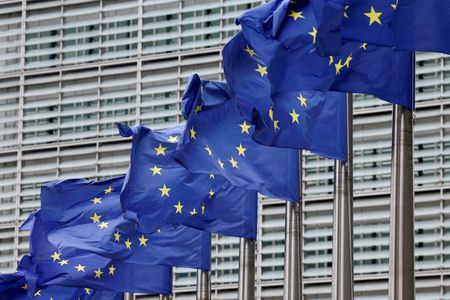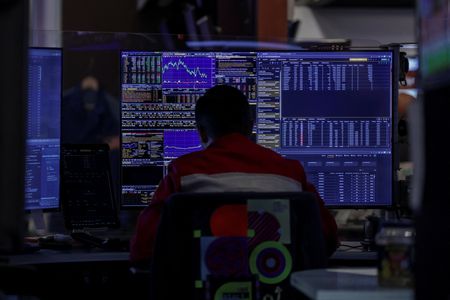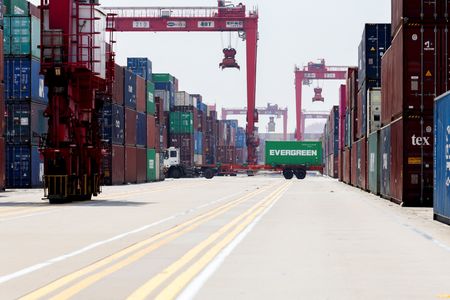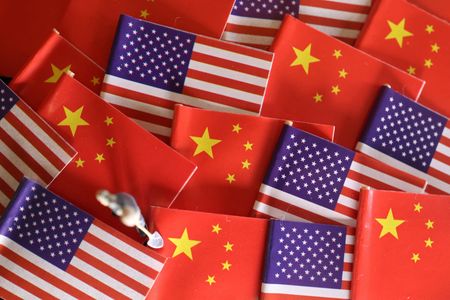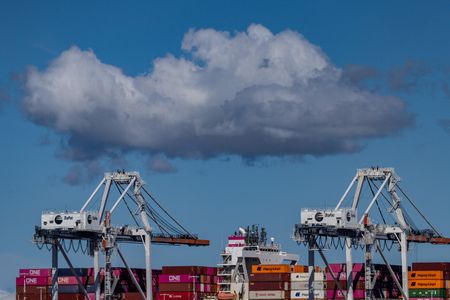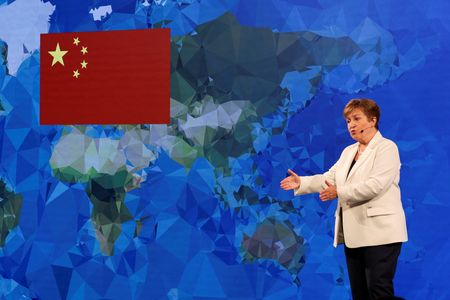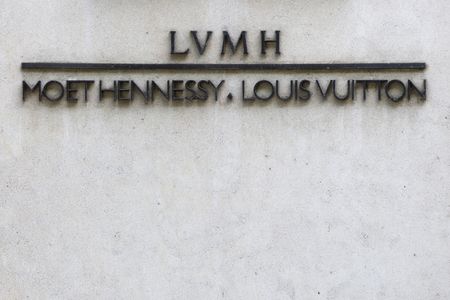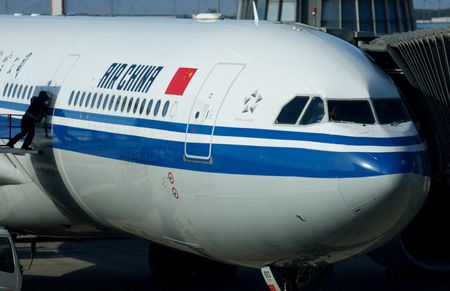By Andrea Shalal, David Lawder and Jasper Ward
WASHINGTON (Reuters) -U.S. Trade Representative Jamieson Greer on Tuesday said it depended on China whether additional 100% tariffs on its exports to the United States kick in on November 1 or sooner, but acknowledged it might be hard for Beijing to find an off-ramp.
Greer told CNBC that U.S. and Chinese officials met for staff-level talks in Washington on Monday, and that he thought there was still a chance to resolve a dispute over critical minerals restrictions.
“We think we’ll be able to work through it, but again, we can’t have a situation where the Chinese keep this regime in place, where they want to have veto power over the world’s high-tech supply chains,” he said. “I think they have realized that they’ve overstepped.”
Financial markets have been whipsawed in recent days by a sharp escalation in the U.S.-China trade war after U.S. President Donald Trump announced 100% duties on Chinese goods – on top of rates averaging 55% – in retaliation for Beijing’s dramatically expanded export controls on rare earths.
Treasury Secretary Scott Bessent and China’s Commerce Ministry scrambled to calm markets this week, reassuring investors that talks were underway to defuse a major escalation.
The International Monetary Fund on Tuesday warned that a major escalation in the U.S.-China trade war could slow global economic output and increase inflation.
Greer said Trump was a “dealmaker” and he and Bessent had managed to find a path forward with the Chinese in the past.
He said Chinese officials made contradictory statements during Monday’s meeting about the purpose of the restrictions.
They asserted both that the curbs were intended as retaliation against the U.S. for other measures, and that they served national security purposes, but could not have it both ways, Greer said.
The United States had leverage of its own, he told CNBC, noting that China’s economy was very export-driven, its property values were down, and it was facing high unemployment.
“Both sides have leverage. We have our own export controls we could impose if we needed to,” he said. “But that’s not what we’re trying to do. We’re trying to have good relationship with the Chinese and so we need them to change.”
He said there was still a plan for Trump and Chinese President Xi Jinping to meet, but he left open whether it would happen.
“So right now, there is a plan. There’s a scheduled time for that,” Greer said. “You know, whether it’ll go through or not, I don’t want to pre-commit – either ourselves or the Chinese – but I think it makes sense for people to talk when they can.”
(Reporting by Andrea Shalal, David Lawder and Jasper Ward; Editing by Chizu Nomiyama and Tomasz Janowski)


